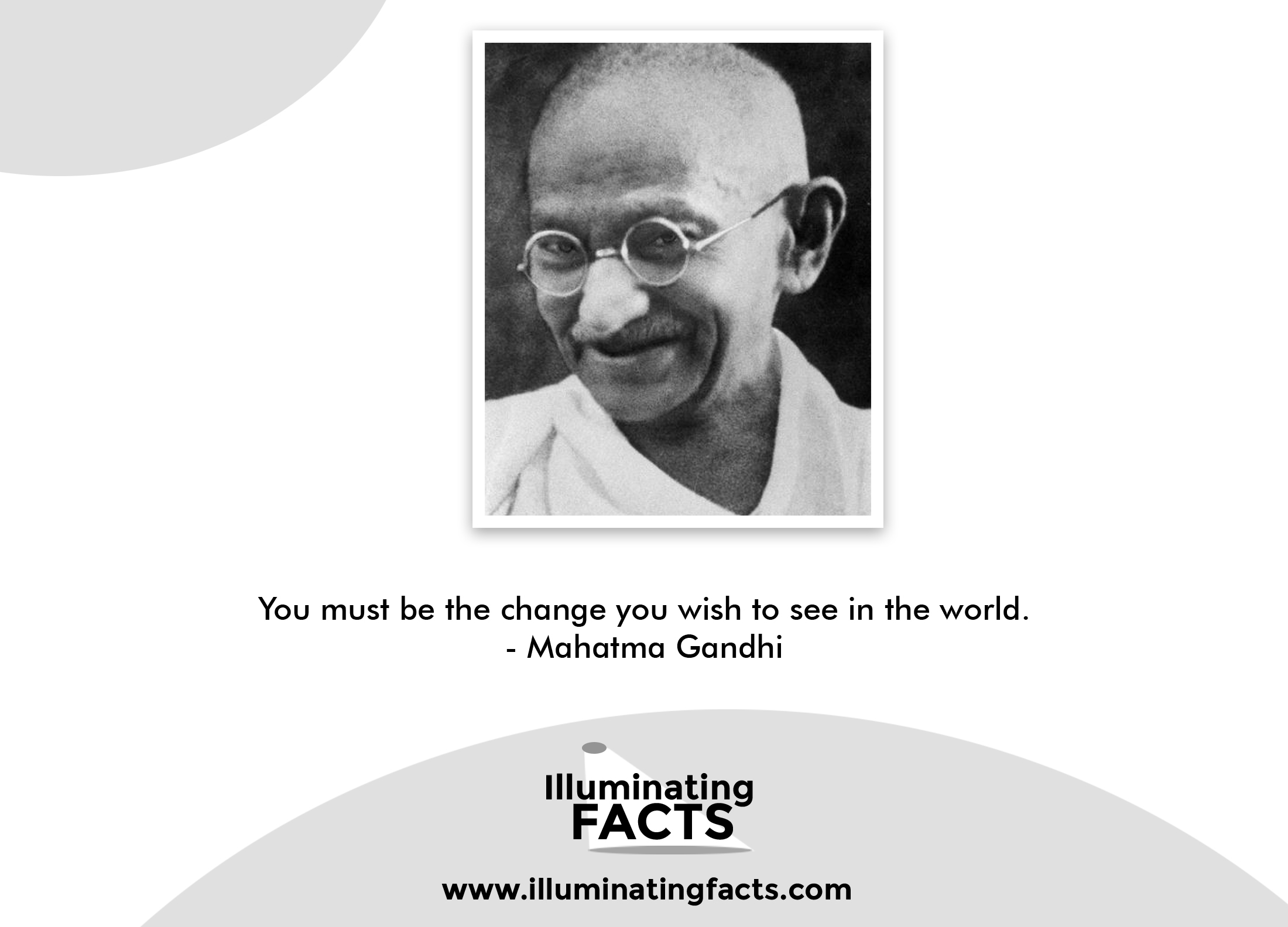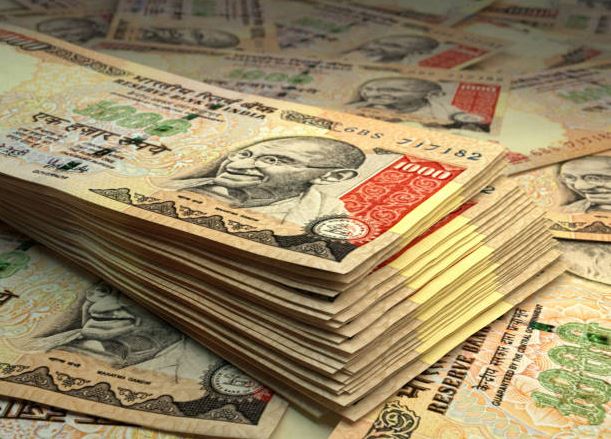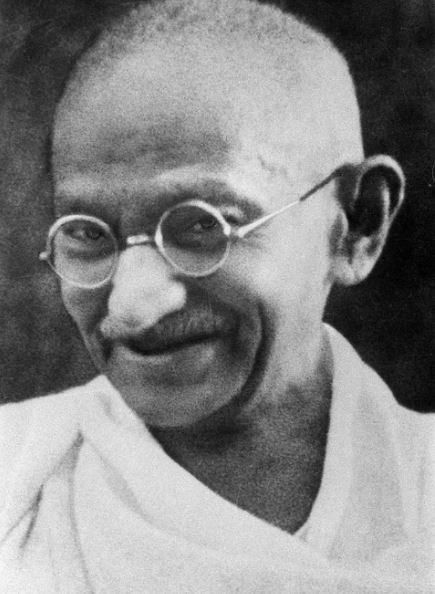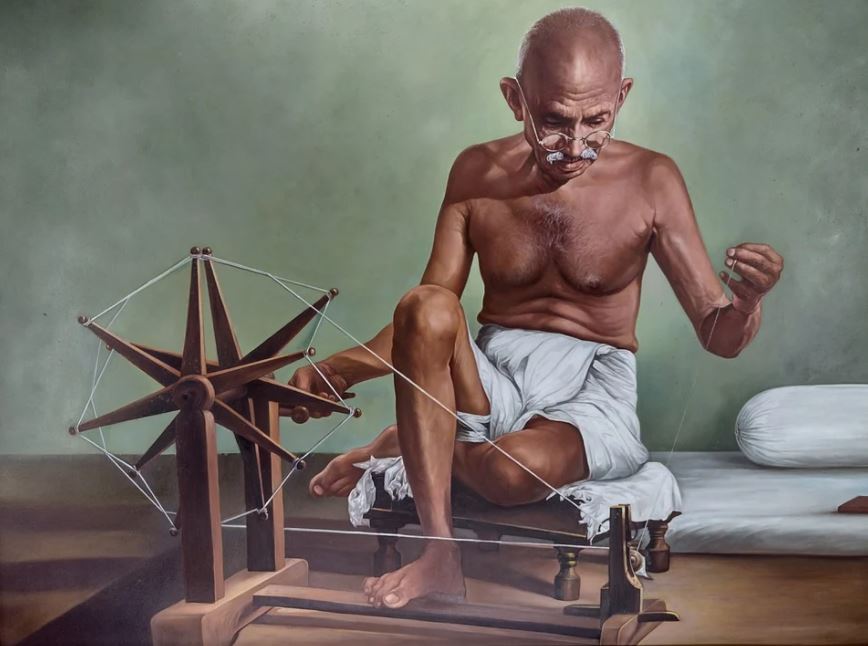Mahatma Gandhi once said, “You must be the change you wish to see in the world”. While this quote appears to be quite straightforward, it carries a deeper meaning and philosophy on how we perceive life. The quote provides a unique perspective on how we see things around us. From this quote, Gandhi provides us with an ideology on living life and making it better by interpreting change in the right manner.
As a matter of fact, this quote has a whole story behind it.
Who Was Mahatma Gandhi?
Mahatma Gandhi was an Indian Nationalist and Lawyer who led the campaign for India’s independence from the Britishers during 1920 – 1948. Even today, Gandhi is considered as the most important influence towards the political movements that took place in the Indo-Pak Subcontinent between these 28 years. Not only was his movement for the independence of India, but he also stood up for civil rights. He was an icon that was linked up with spreading freedom across the world. His real name is Mohandas Karamchand Gandhi but he was given the title of “Mahatma” in 1914 which means “a person with a great soul”.
From the life of Gandhi, we can always see his vision to be freedom, peace, women’s rights, and achieving self-rule in India. He was the leader of the Indian National Congress since 1921. Gandhi was truly an outstanding leader who lived a simple life. He used to undergo long fasts, ate simple food, and wore just an Indian “dhoti”. Despite being imprisoned many times, Gandhi stayed on his stance of promoting freedom for India and went on face-to-face with the Britishers several times.
In a nutshell, the quote by Gandhi “You must be the change you wish to see in the world” truly depicts his entire life story.
Story Behind Mahatma Gandhi’s Quote
As Mahatma Gandhi got popular, people started to follow him eagerly. Many wanted to meet him but had to get an appointment as he used to be busy. Among these people were a mother and her son too. As their turn came, the mother asked Gandhi to talk to her son about the consumption of sugar. Her main complaint was that her son was consuming too many sweets which could become a reason for the deterioration in health.
Upon her complaint, Gandhi simply told her to come back in two weeks and he would then talk to the boy. It was quite surprising for the mom as to why Gandhi didn’t speak to her son right on the spot. However, she agreed to this odd request and came back after two weeks. Yet again, after hours of wait, she met Gandhi. As Gandhi spoke to the boy this time, he immediately agreed to stop eating sweets. While the mother’s complaint was solved, she was still in a state of confusion as to why Gandhi had not done this on her first visit.
She asked Gandhi this question upon which he replied “When you visited two weeks ago, I was also eating a lot of sugar”. He then explained that he could not explain the problem of overconsumption of sugar to the mother’s son unless he himself had not undergone a journey of reducing sugar consumption.
Thereby, it meant that if he wanted to see someone else change, he said that it is him who had to begin the change at first.
Deeper Analogy of The Quote
As stated earlier, the quote is not just a very straightforward one rather it carries a deeper philosophy that needs to be understood too. The immediate meaning is that if you want to change something, you need to do it yourself in the first place.
In context, it also explains the aspect of self-accountability. What we see in the world today may not be very accurate and have several flaws. When we complain about someone breaking the laws, are we being self-accountable for a time when we ourselves have also broken a law, such as breaking a traffic light? Most of the time, people wish to see a changing world but don’t want to change themselves for it. For example, people will complain about the pollution but will end up throwing wrappers anywhere around. In a nutshell, progressing towards positive change is not possible unless we hold ourselves accountable for what we are doing. As we do so, we will eventually be able to overcome the wrongdoings and bring about a change in the world.
The concept of individuality can also be inferred from this quote. Many people believe that the individual effort is not going to be enough for bringing about the change while Gandhi believes that You (alone) must be what you wish to see in the world. If people keep a strong belief that only a collective effort will work well, the world will not be able to see the change that it wishes for. Positivity will not come unless an individual effort begins.
In addition to that, the quote is also directed towards commitment and dedication. The word “must” in the quote highlights the importance of commitment when bringing some form of change. Gandhi suggests that if you want to bring a change in the world, you must do something about it yourself first with full commitment. Many people try to bring about a positive societal change but are unable to pursue it in the right manner. As a result of this, bringing about the intended change is not easily possible. With regards to that, Joe Kenndey also said “When The Going Gets Tough, The Tough Gets Going.”
This quote also brings a philosophical meaning to leadership. As a leader, Gandhi lived a simple life and tried to help out others as well even if his own life was compromised in numerous ways. He was not living as much of a healthy life as others. However, he truly reconceptualized the meaning of leadership when he himself bought the change that he wanted everyone to follow. His footsteps have been directed towards humility, love, peace, and freedom. Even being a big leader of the major political party of India, Gandhi was not among the ones who wouldn’t accept their mistake. As a matter of fact, when the mother who came with her son talked to Gandhi about the consumption of sugar, Gandhi went on to correct himself first before explaining it to someone else.
The story behind this quote also explains the fact that if someone wants to bring a change in the world, he should not be doing wrong himself. It is quite odd that many people tell others to do something particular but don’t follow it themselves. From the quote Mahatma Gandhi said, we can evaluate the importance of self-doing as the first step towards bringing a change.
Conclusion
Mahatma Gandhi has been one of the most influential political personalities and leaders of all time. His humbleness and values are still admired by many. We can see that his quotes still live within people’s hearts today. From Mahatma Gandhi’s quote about change, we can evaluate the different lessons regarding bringing change into one’s life.





